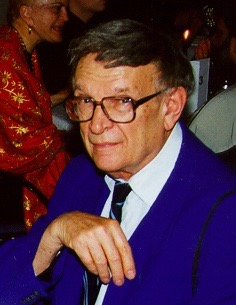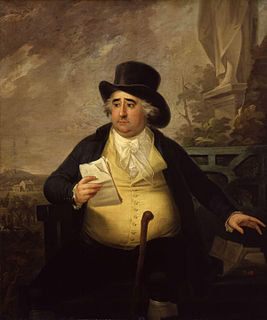A Quote by Louis Leakey
I kept an open mind on the question of whether a hominid had been present in Europe in the early Pleistocene.
Related Quotes
The occurrence of an event is not the same thing as knowing what it is that one has lived through. Most people had not lived -- nor could it, for that matter, be said that they had died-- through any of their terrible events. They had simply been stunned by the hammer. They passed their lives thereafter in a kind of limbo of denied and unexamined pain. The great question that faced him this morning was whether or not had had ever, really, been present at his life.
Whether or not we have personality disturbances, whether or not we have the ability to overcome deficiencies of early environment, is like the answer to the question whether or not we shall be struck down by a dread disease: "it's all a matter of luck." It is important to keep this in mind, for people almost always forget it, with consequences in human intolerance and unnecessary suffering that are incalculable.
Modernism in a way, early modernism, for instance, in pictures, was turning against perspective and Europe. And all early modernism is actually from out of Europe, when you think of cubism is African, is looking at Africa, Matisse is looking at the arabesque, Oceania. Europe was the optical projection that had become photography, that had become film, that became television and it conquered the world.
Although the stories are very present in my book, and very present in my mind, what I was most interested in was the question of why it had attracted such a following in the 18th Century. It's less mysterious that it attracted a following in the Romantic period, and in the 19th Century, but the early 18th Century when the Rationalists fell in love with it...that was mysterious. What I wanted to look at was the forms of enchantment.
Instead of thinking of the question of race genealogically, and leaving it open whether vernacular races are genealogical units, the interest in biomedicine has been to determine whether vernacular racial categories are medically useful in diagnosis and treatment. There is on-going debate about this.




































